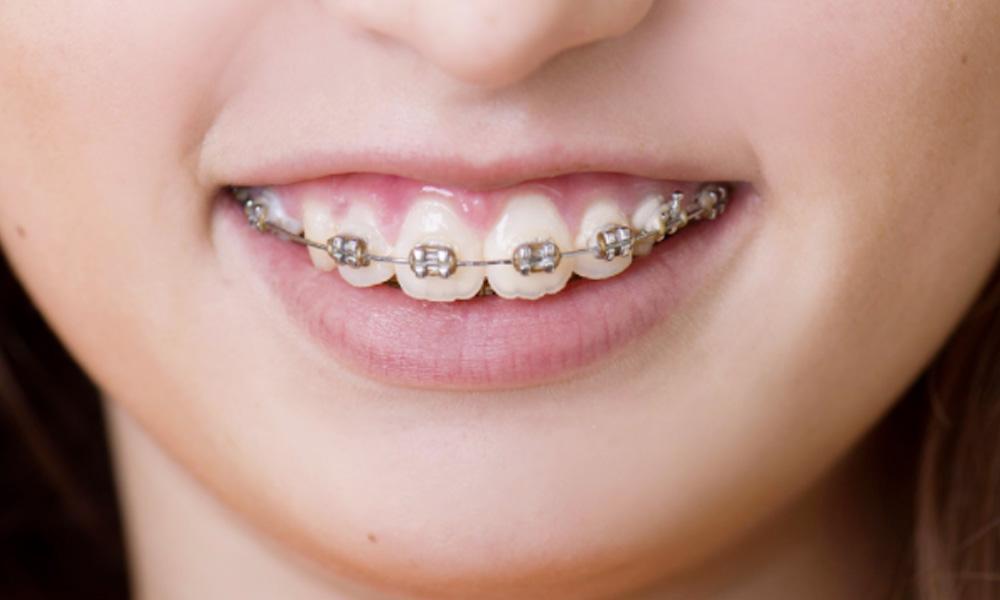If your smile isn’t what it used to be because of missing teeth, you’re far from alone. An estimated 178 million Americans are missing one or more teeth, according to epidemiological studies, and around 40 million Americans are missing all of their pearly whites.
At Straight Teeth Orthodontics, we love helping people who are missing teeth feel more comfortable and confident about their smile and experience improved chewing and jaw function through proper dental care. Call us or schedule an appointment to learn more about your options.
Causes of missing teeth
You could lose a tooth for many reasons, but injury, gum disease, and tooth decay are the most common. Genetic factors can also play a role. Some people are predisposed to congenitally missing teeth, for example, meaning you never developed a full set.
You can also inherit a disorder called ectodermal dysplasia, which is characterized by missing teeth. While you can lose or miss teeth at any stage of life, the most common causes grow more likely with age. Nearly a third of people ages 65-74 have no natural teeth at all.
Complications of missing teeth
When your mouth contains fewer teeth than normal, a variety of issues can develop. A lack of one or more teeth can interfere with proper food chewing, jaw support, and stability of surrounding teeth, for instance.
Missing teeth can also disrupt normal function of other teeth, making issues such as shifting or other movements fairly likely. And for many people, missing teeth invites self-consciousness. You might not feel as comfortable smiling around others or in photos when you have gaps in your grin.
Treatment for Missing Teeth
Fortunately, your smile and chewing capabilities can be restored with appropriate dental care, whether you’re missing one tooth, several, or more. Depending on the specifics of your lost or missing teeth, you might benefit from:
- A bridge
- Dentures, partial or full
- Dental implants
Many patients prefer dental implants, which provide a more secure and natural feel compared with bridges and dentures. The sturdy, medical-grade metal devices that look like a screw are implanted into your jawbone. They then fuse with the bone to function as a new tooth root that later holds a crown or artificial tooth in place.
Unlike dentures, dental implants don’t slip or require removal for cleaning. They also offer far more protection against additional tooth loss than dentures or bridges.
Caring for restored teeth
Whether your missing teeth are replaced by way of a bridge, dentures, or implants, proper dental hygiene moving forward is important. Make sure to brush and floss your teeth or dentures regularly and effectively. With implants, you’ll need to floss under the crown or artificial tooth. Some bridges are removable, and cleaning may require some time and practice to get used to.
Scheduling routine professional cleanings is also important. Many people benefit from two cleanings per year, but more may be ideal if you’re prone to issues such as gum disease. Contact our office to schedule your next cleaning and learn more about missing teeth procedures.




